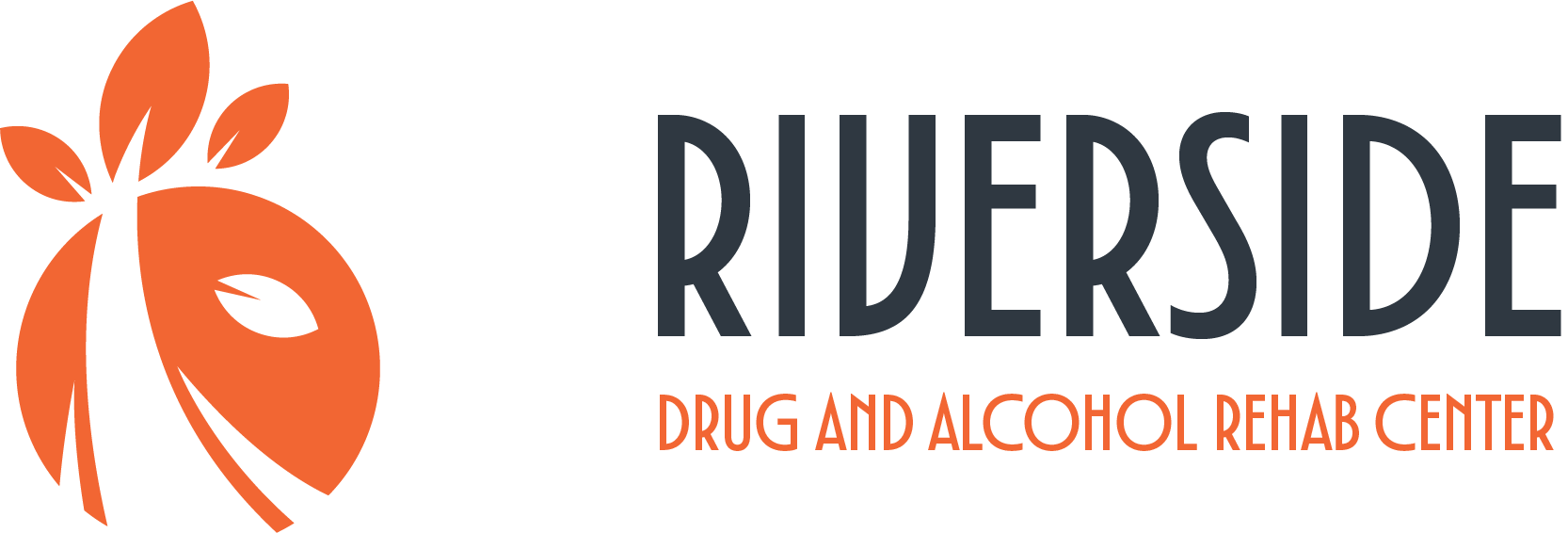What are the Effects of Substance Abuse?
Substance abuse can have severe physical, mental, and social effects that impact every aspect of a person's life.
Substance abuse impacts both physical and mental health, influencing every aspect of a person's life. Rehab centers such as Riverside Drug and Alcohol Rehab Center offer personalized treatment plans to help with these cases. When someone misuses drugs, they may experience changes in the brain and body, including altered behaviors and possible long-term health issues. This can include problems with vital signs and changes in hearing, sight, and taste, often leading to a need for medical attention.
According to Mental Health America, 17.82% of adults in the U.S. had a substance use disorder in the past year, totaling over 45 million people. The effects vary based on the type of substance, amount used, and how long it has been used. Common substances like cannabis and alcohol might be tried first and can lead to more severe substance use. Many individuals find themselves in a cycle of use that is hard to break, leading to potential dependency.
In California, 16.70% of adults, or approximately 5,027,000 people, had a substance use disorder in 2023. Knowing these effects encourages people to seek help. Support is available for those dealing with substance use disorders, providing chances for recovery and a healthier future. Recognizing the signs early and understanding the risks can make a significant difference.
Brennan Shares His Experience with the "Ripple Effect" of Substance Abuse

Brennan Harlow, in his TEDx talk, shares a deeply personal story to shed light on the true impact of substance abuse, which goes far beyond the individual. He introduces the concept of a “ripple effect,” likening substance abuse to a rock thrown into a pond, creating waves that expand and affect everything around it. Brennan’s narrative aims to move beyond the physical consequences often highlighted in health classes and focuses on the emotional and social devastation that addiction brings to families and communities.
Brennan Explains the Ripple Effect of Substance Abuse
Brennan recounts how his life changed when his two young cousins came to live with his family after his uncle was arrested for heroin addiction. This revelation shattered his perception of his family, revealing a harsh reality where his cousins endured severe neglect and abuse. After his uncle’s death, the ripple effect of his addiction threw Brennan's family into chaos, with constant fights over custody, break-ins, and a sense of fear and instability that permeated his once peaceful home. Brennan himself turned to school and extracurricular activities as a refuge, relying on the support of friends and teachers to navigate the emotional turmoil. His story illustrates how one person’s addiction can devastate an entire family, creating waves of pain and disruption that affect everyone in its path.
Brennan’s talk emphasizes that substance abuse is not just a personal struggle but a societal issue with far-reaching consequences. He advocates for a more comprehensive approach to substance abuse education, one that includes the emotional and social impacts on families and communities. Brennan urges everyone to consider the broader consequences of their actions, as each decision has the potential to create ripples that affect the lives of many others.
Looking for Assistance in Accessing Treatment?
Worried about treatment costs or limited insurance coverage? We accept various insurance providers to ensure you get the care you need, regardless of your financial situation.
Contact us today to learn how we can help.
Physical and Mental Health Effects of Substance Abuse
Substance abuse affects both the body and mind, leading to immediate and long-term health challenges. People may experience physical damage like heart disease or mental struggles such as depression and anxiety.
Immediate and Short-Term Effects
Immediate effects of substance use can include euphoria, increased energy, or relaxation. While these sensations might seem positive, they often come with harmful outcomes like increased blood pressure or heart rate.
Substance use can also lead to cravings and memory problems, making it hard for individuals to focus or remember events. In severe cases, there may be overdose risks, potentially causing seizures or even death.
Long-Term Consequences of Drug Use
Long-term use of substances can result in serious health issues such as heart disease, liver disease, and lung cancer. Chronic use of certain drugs can damage vital organs and lead to conditions like stroke or cancer.
For example, people using tobacco products are at a heightened risk of developing lung cancer. Methamphetamine use can cause dental problems known as meth mouth. The body is not the only part affected; brain changes can alter how individuals feel and think, impacting their daily lives.
Mental Health and Substance Use
Substance abuse often links to mental health issues. Those with anxiety, depression, or stress may turn to drugs or alcohol as a coping mechanism. This can create a cycle where substance use exacerbates existing mental disorders.
Drug use can increase the risk of developing conditions like schizophrenia. Long-term effects may include lasting mental effects and worsening mental health conditions. These issues highlight the intricate link between the mind and substance use, showing the need for comprehensive care.
A Deeper Look: What is Substance Abuse?
Substance use refers to the consumption of drugs or alcohol, whether legal or illegal. When use becomes compulsive, it can lead to addiction. Addiction, or substance use disorder, occurs when an individual cannot control the urge to use substances despite negative consequences. This compulsion often affects their mental health, relationships, and daily life.
Drug addiction is considered a disease because it changes brain function and structure. These changes make it difficult to stop using substances, leading to long-term dependency.
Causes and Risk Factors
Substance abuse can stem from multiple factors. Genetic predisposition: Family history of addiction increases one's risk. Individuals with genetically influenced traits may have a higher chance of developing addiction.
Environmental factors also play a role. Stressful life conditions, peer pressure, and lack of family support can contribute to drug use. Early exposure to drugs increases risk. Adolescents are particularly vulnerable as early drug use can alter brain development. Mental health issues like anxiety, depression, and trauma may also drive individuals toward substance use as a coping mechanism. Addressing these mental health concerns is crucial in preventing addiction.
Common Substances of Abuse
Numerous substances are commonly abused. Alcohol is widely consumed and can lead to dependency. Opioids, including heroin, are potent and highly addictive. Their abuse can lead to serious health risks like overdose.
Stimulants such as cocaine and methamphetamine increase alertness but have high addiction potential. Nicotine and tobacco products are also addictive and lead to health problems. Benzodiazepines are prescribed for anxiety, yet they carry a risk of dependence. Marijuana or cannabis use can lead to addiction, contrary to the belief that it is harmless. Each of these substances has unique effects and challenges for addiction treatment.
Common Treatment Options for Drug Abuse
Preventing substance abuse requires detox, therapy, and medication-assisted treatment. Support groups and public education are also essential for promoting recovery.
01
Detoxification
This is often the first step in treating drug abuse and involves safely managing withdrawal symptoms under medical supervision.
Detoxification helps the body rid itself of the drugs, which can alleviate physical dependence and pave the way for further treatment.
02
Behavioral Therapy
Therapies such as Cognitive Behavioral Therapy (CBT), Dialectical Behavior Therapy (DBT), and contingency management help individuals identify and change harmful behaviors related to drug use.
These therapies also address underlying mental health issues and teach coping strategies to prevent relapse.
03
Medication-Assisted Treatment (MAT)
Certain medications, such as methadone, buprenorphine, and naltrexone, can help reduce cravings and withdrawal symptoms, making it easier for individuals to maintain sobriety.
MAT is often combined with behavioral therapy for a comprehensive approach.
04
Support Groups and 12-Step Programs
Programs like Narcotics Anonymous (NA) and other peer support groups offer a supportive community for individuals in recovery.
These groups provide a space to share experiences, receive encouragement, and build a network of support to maintain sobriety.
How to Prevent Substance Abuse?
Preventing substance abuse and promoting education about its risks are crucial steps in reducing its impact. Key strategies involve community efforts, personal skills development, and raising public awareness.
Strategies for Prevention
Effective prevention strategies focus on building life skills and addressing risk factors early. Programs that enhance self-control and stress management can reduce the likelihood of substance use. Educating children and adolescents about the dangers of drugs helps instill a strong foundation for making healthy choices.
Research shows that family history plays a significant role in substance use. Prevention efforts must address these issues by offering support and guidance. Early interventions in schools and communities can help identify and support at-risk individuals, reducing the chance of early use and long-term addiction.
Importance of Public Awareness
Increasing public awareness of substance abuse risks and prevention can have a major impact. Community education programs can provide information on how mental health affects substance use. These programs are designed to reach a wide audience and involve various activities like workshops and seminars.
Effective communication and wide distribution of educational materials are vital. These efforts ensure that everyone, regardless of age or background, understands the consequences of substance abuse. By informing the public, these programs create an informed community that supports preventative measures, ensuring better health outcomes.
